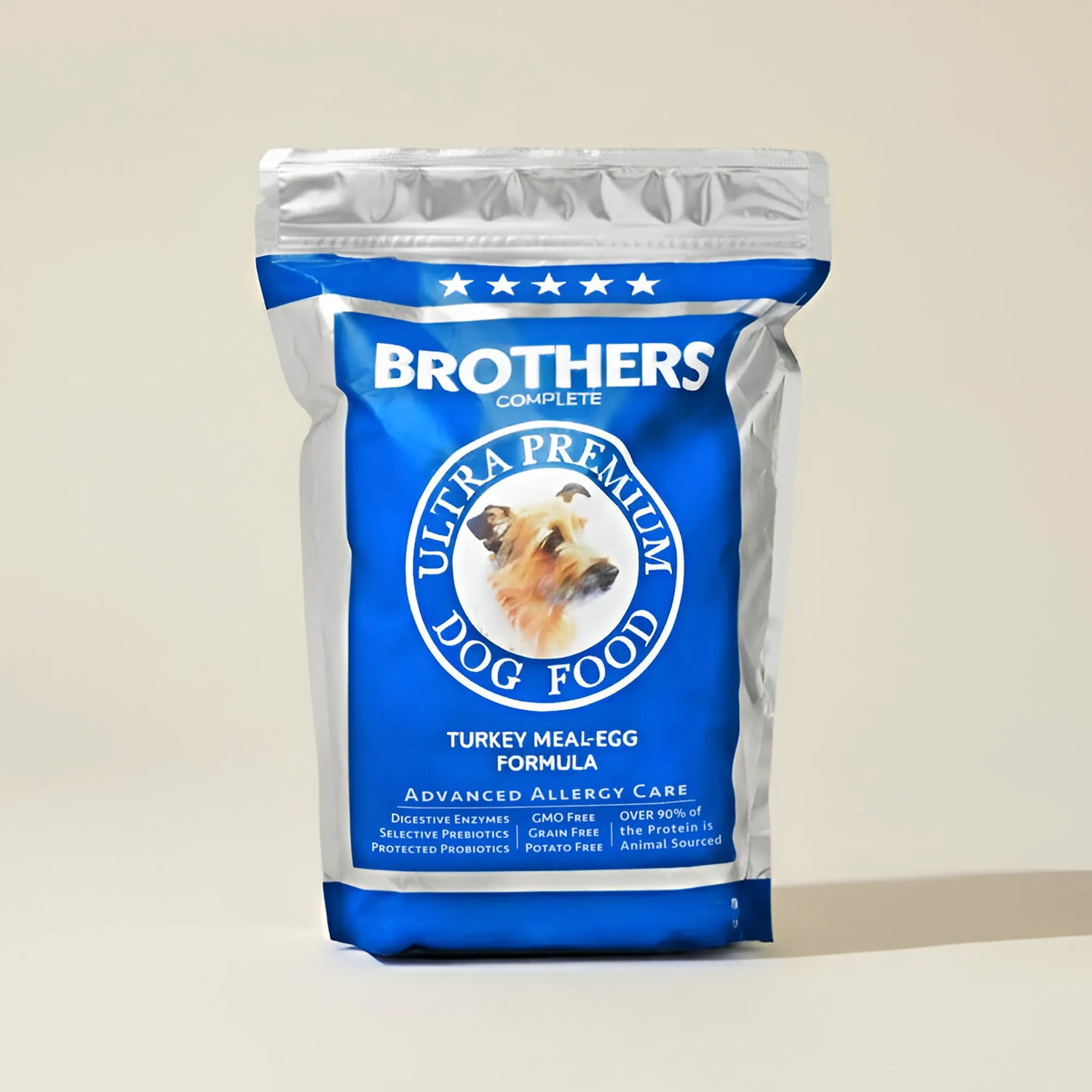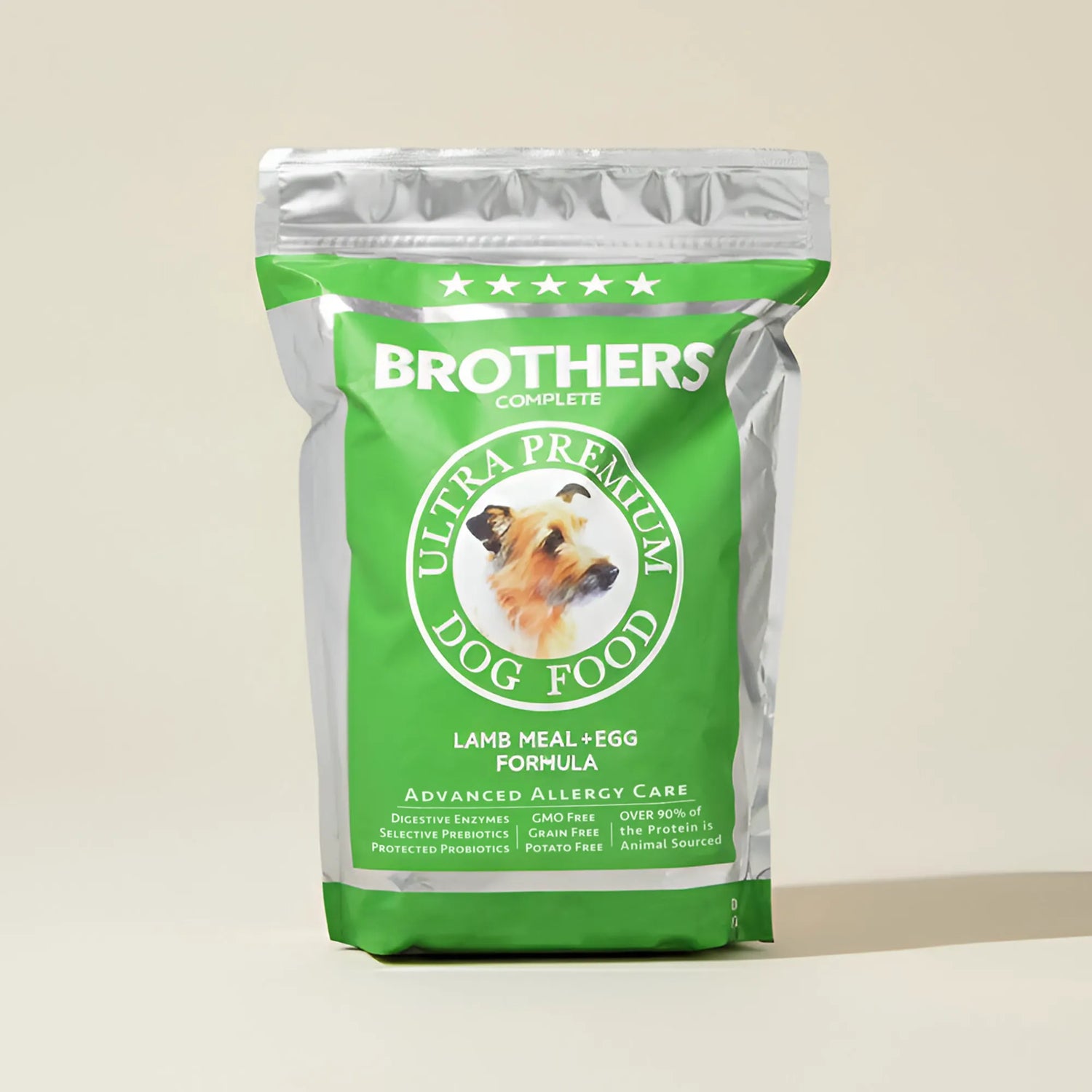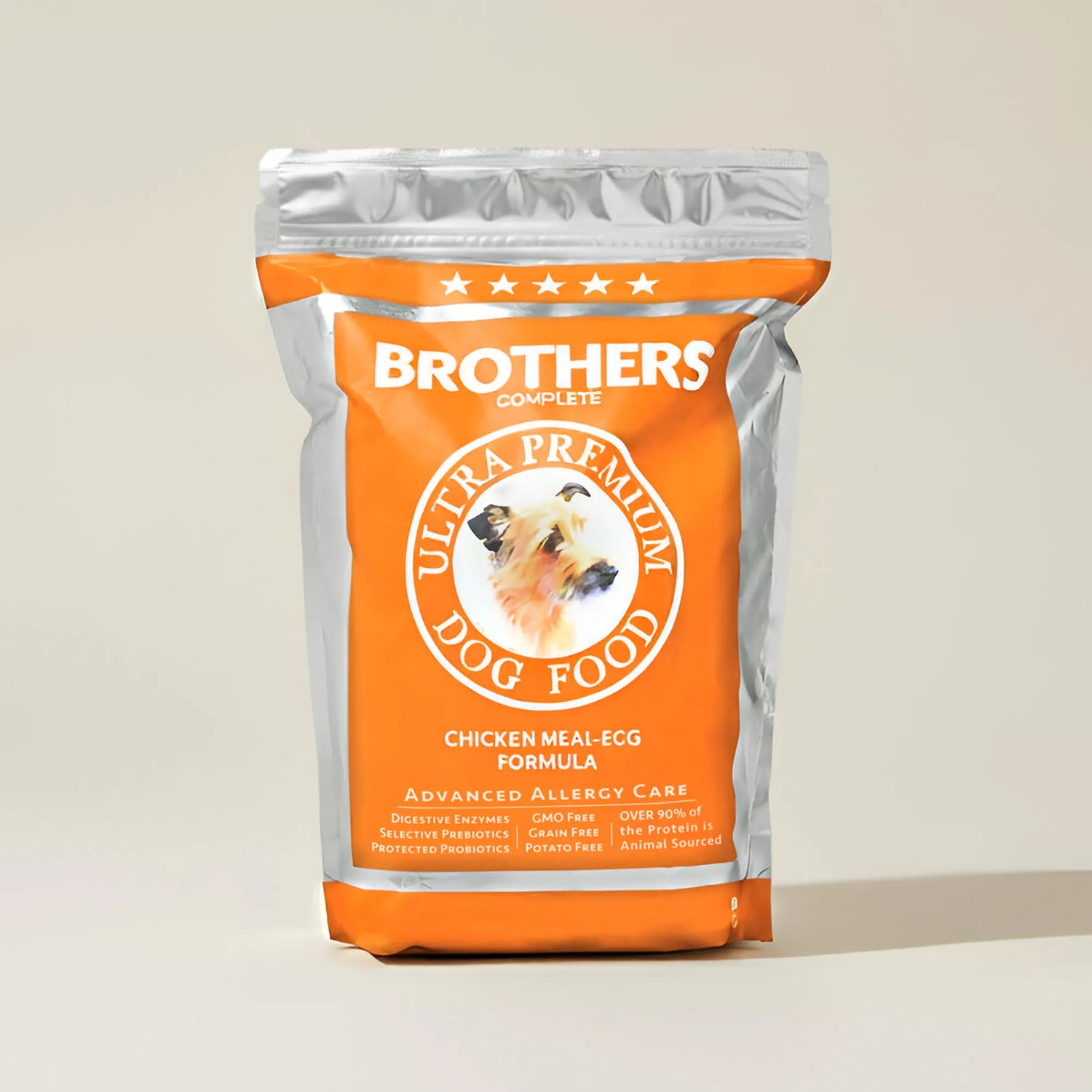
Why Dogs Need to Eat Animal Protein — Not Just Vegetable Protein
Summary:
Plant-based dog food is trending — but just because dogs can eat vegetable protein doesn’t mean they should rely on it. In this post, we’ll break down the difference between animal protein and plant protein for dogs, explore whether dogs can be vegetarian, and explain why animal-based protein is essential for gut health, muscle maintenance, and long-term wellness.
Dogs Aren’t Wolves — But They Aren’t Herbivores Either
It’s true: dogs aren’t strict carnivores like cats. They’re facultative carnivores — meaning they can digest some plant material, but their biology is still built around meat.
As VCA Animal Hospitals explains, while vegetarian diets can technically be formulated to meet minimum requirements, they are harder to digest, less bioavailable, and lack key nutrients naturally found in meat — like taurine, B12, and certain amino acids.
Plant Protein vs. Animal Protein: What’s the Difference?
Animal Protein
- Complete amino acid profile
- Highly digestible
- Supports muscle, immune function, skin, coat, and organ health
- Naturally contains essential nutrients like taurine, vitamin B12, and heme iron
Plant Protein (e.g., soy, pea, lentil, corn gluten)
- Incomplete amino acid profile
- Often harder to digest
- Can interfere with nutrient absorption
- Frequently used as a low-cost filler
According to PetMD, dogs thrive when protein comes primarily from high-quality animal sources.
Can Dogs Be Vegetarian?
Technically? Yes. But should they be? That’s another story.
AKC and VCA agree: while vegetarian diets can be made to meet minimum nutrient requirements, they often require synthetic supplements to compensate for what’s missing — and they may be less digestible and less effective at maintaining muscle mass and organ health.
In short: dogs can survive on plant protein, but they don’t thrive on it.
Why Animal Protein Is Critical for Gut Health
Gut health isn’t just about fiber — it’s about what your dog’s body can actually break down and absorb.
When your dog eats animal protein:
- It’s digested efficiently in the small intestine
- Fewer undigested particles reach the colon (which means less inflammation)
- The microbiome gets the amino acids it needs to support immunity and cell repair
When fed a diet high in plant protein or low-quality fillers:
- Undigested particles feed bad bacteria and yeast
- Inflammation increases
- Stool quality suffers
- Nutrient absorption decreases
That’s why a gut-health-first diet must start with high-quality animal protein — not just “crude protein” numbers on a label.
Why Brothers Dog Food Uses Over 90% Animal-Sourced Protein
Many dog food brands advertise “high protein” — but use lentils or soy as the primary source.
At Brothers, we do it differently:
- Over 90% of protein from animal sources
- No soy, corn, or wheat
- Low-glycemic, gut-friendly carbs
- Digestive enzymes and probiotics to support absorption
- Formulated to support muscle retention, immune health, and digestion
Because dogs don’t just need protein. They need the right kind.
What About Dogs with Animal Protein Allergies?
True animal protein allergies are rare — and often confused with:
- Leaky gut syndrome
- Poor digestion
- Overexposure to a single protein
- Reactions to additives, not the protein itself
If your dog reacts to chicken or beef, the solution isn’t switching to soy.
It’s feeding a novel, easily digestible animal protein (like turkey, venison, or lamb) with gut-healing support — exactly what Brothers offers in our Advanced Allergy Care formulas.
Final Thoughts: Protein Quality > Protein Quantity
Dog food labels can be misleading. Two formulas might both say “30% protein” — but one gets it from real meat, and the other from peas and soy.
It’s not just the percentage that matters. It’s the source.
Your dog’s body was built to digest meat. Their health, energy, coat, immunity, and digestion all depend on the complete amino acids and nutrients that only animal protein can provide.
Want to feed your dog protein the way nature intended?
Explore Brothers’ gut-health-first, animal-protein-rich recipes at
brothersdogfood.com
Sources
- AKC American Kennel Club: https://www.akc.org/expert-advice/nutrition/choosing-right-dog-food/
https://www.akc.org/expert-advice/nutrition/soy-in-dog-food-what-you-need-to-know/
https://www.akc.org/expert-advice/nutrition/dogs-vegetarian-diet-supplements/







